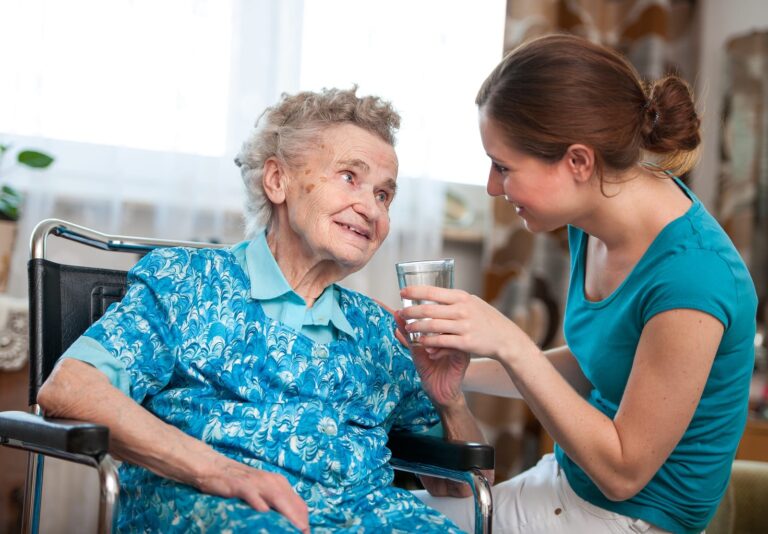A family caregiver’s days are typically full of emotional ups and downs. Sometimes, caregiving is a meaningful bonding experience that creates lifelong memories to cherish. At other times, it is demanding and stressful. And it’s a role more and more people find themselves taking on. Research shows an estimated 17.7 million Americans provide care to a senior loved one.
While each person’s caregiving journey is unique, researchers have developed a model to help explain the stages of caregiving in greater detail. Since most caregivers will go through all these stages to some degree, this model may be a helpful guide for what to expect when you become a caregiver for an aging loved one.
The Common Stages of Family Caregiving
Caregiving can bring great joy to the lives of both the caregiver and the recipient. However, needs and concerns can arise and change, bringing about issues like stress and burnout to the caregiver. Knowing the stages you’ll be going through can help you provide the best care possible.
Stage One: Anticipatory/Expectant Caregiver.
In the beginning, you may notice a decline in your senior loved one’s health. It usually starts small—your family member might struggle to mow the yard or go grocery shopping alone. But it’s these little changes that cause family members to first realize that sooner or later, they will become a caregiver.
At this stage, it’s important to gather information about your loved one’s health status, gain access to their financial and legal documents and talk to them about their wishes for the future. It’s also important to take time to educate yourself about how to safeguard the home and become familiar with available community services, such as assisted living and respite care.
Stage Two: The Novice Caregiver.
As a caregiver, you learn as you go. After being in the role for about 6 to 18 months, you’ll likely start to better understand what caregiving tasks you’re facing.
It will also be critical to continue to educate yourself about your loved one’s condition and what types of assistance are available. Equally essential is figuring out a budget and how you’ll pay for senior care services. As you make plans and decisions, keep in mind your loved one’s wishes for their care.
Stage Three: Entrenched Caregiver.
According to the Family Caregiver Alliance, the average caregiver takes on this role for 4 years. But those who spend 21 hours or more a week tending to their loved one are twice as likely to have been caregiving for 10 years or more.
As exhaustion sets in, you may find that your caregiving duties are causing your own health to suffer. It’s normal to feel angry about your situation and then feel guilty for feeling angry. But caregivers often suppress these emotions, which can lead to resentment or depression.
That’s why it’s vital to evaluate your situation and find ways to care for yourself, whether it is by seeking help from others or looking into respite care. Taking regular breaks will give you an opportunity to decompress, prepare healthy meals and attend regular physician appointments and health screenings.
Stage Four: Transitioning Caregiver/Caregiver in Loss.
For many families, a time will come when the care you can provide is no longer enough to keep your senior loved one as safe and healthy as possible, and the best solution might be the support of a senior living community. Or your family member may have passed, and you are struggling to process your grief.
In this stage of caregiving, you will feel a sense of grief or anticipatory grief. It’s important to let yourself grieve on your own timeline, despite what those around you might say. Loss, and learning to cope with it, follows no particular route. One step you might find helpful is to join a bereavement support group. Most hospice organizations have a variety of programs available.
If you are an at-home caregiver, it may be time to explore care options for your loved one. When the time is right, we’re here to listen and discuss what would best serve your loved one and your family. Find a community near you at ASCCare.com




